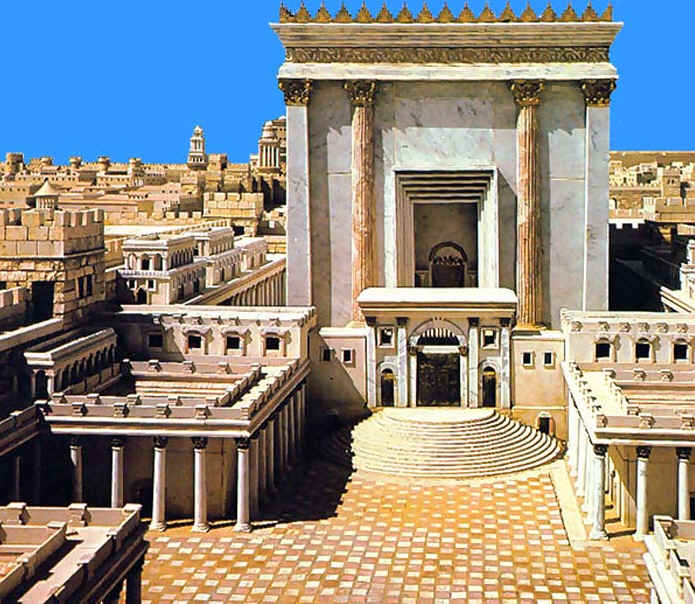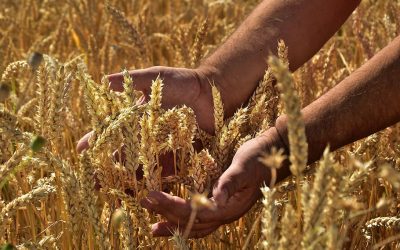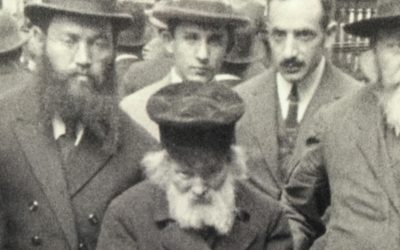Take it from Truman
The Medrash tells us that Bilaam was a prophet, that Hashem, G-d, spoke with him. No one, however, came closer to Hashem thanks to hearing Bilaam’s prophecy. All the Jewish prophets, and of course Moshe himself, caused people to turn to Hashem, but Bilaam was an utter...
No Parallel
“And Korach the son of Yitzhar, the son of K’has, the son of Levi, and Dasan and Aviram the sons of Eliav, and On the son of Peles, the sons of Reuven, took [themselves to the side]; and they rose up against Moshe…” [16:1-2] The Mishnah in the Chapters of the Fathers...
Yosef’s Extra Punishment
This week we read about the tragic expedition of the spies into the Land of Israel. They returned with a bad report, briefly convincing the Israelites that they would be unable to enter their land. This is why the generation that left Egypt was not allowed to enter...
Leadership Is Not About Me
In this week's reading, G-d tells Moshe to assemble 70 of the Elders of Israel, for them to be prophets to the people [see Num. 11:16-17 and 24-29]. They would form the Sanhedrin, the Supreme Rabbinic Court. There were 12 tribes, and the division was to be as equal as...
Striving for More
In this week's reading, we learn about the inaugural offerings brought by the heads of each Tribe of Israel to the Tabernacle. First the Torah spells out for us, in detail, the contents of the first offering, brought by. Nachshon ben Aminodov of the tribe of Yehudah....
Everyone Counts
Our reading this week discusses at length the camp of the Children of Israel “in the desert”—Bamidbar. The head of each tribe is identified, followed by a census of that tribe. This is followed in turn by a description of where each tribe, and group of tribes, camped...
After the Curses
We hardly need reminders that this has been a painful year, making the curses found in our reading this week perhaps even more difficult to read than usual. Several lines within it might even be regarded as triggering, in modern lexicon, to those who experienced the...
The Promise of the Land
The laws of Shmittah, the Sabbatical Year, are so unique, and so contrary to nature, that they are used to demonstrate that G-d has true power over His world, and gave us the Torah. Today, observance of the Sabbatical every seven years is a Rabbinic obligation (in the...
Guidance for Life
At the beginning of our reading, Kedoshim, Moshe is commanded to "speak to the entire congregation of the Children of Israel" [19:2]. Rashi explains that everyone was summoned to Moshe, to be taught these Commandments together. Why? Because, Rashi says, the majority...
The Seder of an Eternal People
Everyone knows that this has been a difficult year. But it is specifically after a year like this one that we see that the Haggadah, a text thousands of years old, remains as relevant and empowering as ever. During the Seder, we not only talk about Pharoah and the...
The Unique Harm of Gossip
Being human, we've all made mistakes. We've all made bad decisions, even doing things we knew we really shouldn't. Sometimes, of course, such wrongdoing becomes public knowledge, and the embarrassment is extreme. [We even know of cases where people took their own...
We Will Outlive Them, Too
In this week's Parsha, we learn the tragic story of Nadav and Avihu, the two sons of Aharon who died after offering a "strange fire" to Hashem. Moshe gives Aharon and his remaining sons special instructions: "do not grow your hair and do not tear your garments, that...















